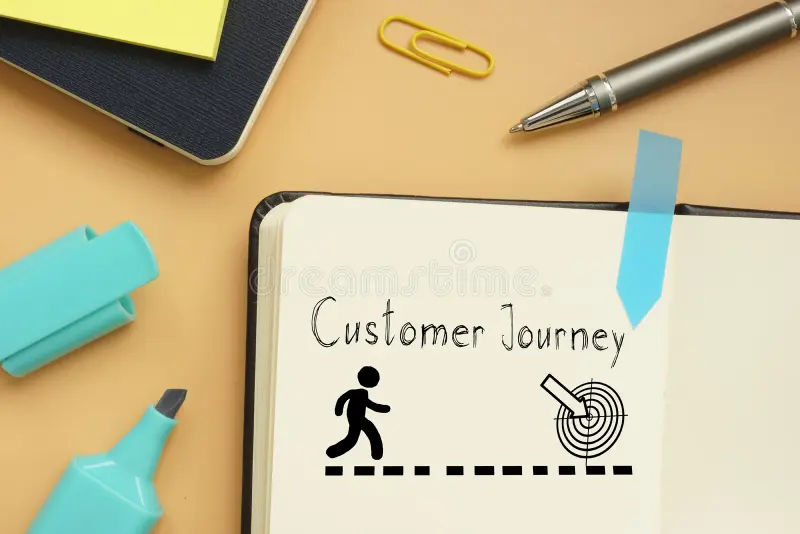Customer Journey Mapping for Coaches and Consultants
Introduction
Customer journey mapping is a powerful tool that can help coaches and consultants better understand their clients’ needs and experiences. By mapping out the different stages of the customer journey, coaches and consultants can identify opportunities to improve the customer experience and deliver better results.
The Customer Journey
The customer journey can be divided into four stages:
1. Awareness
In the awareness stage, the customer is first introduced to the coach or consultant’s services. This may happen through advertising, word-of-mouth, or a referral from a friend or colleague.
2. Consideration
In the consideration stage, the customer begins to research the coach or consultant’s services in more detail. They may read reviews, compare prices, and talk to other clients.
3. Decision
In the decision stage, the customer decides whether or not to hire the coach or consultant. They may weigh the pros and cons of different options and make a decision based on their needs and budget.
4. Post-purchase
In the post-purchase stage, the customer has already hired the coach or consultant. This is the time to deliver on your promises and provide excellent customer service.
Benefits of Customer Journey Mapping
There are many benefits to customer journey mapping, including:
Improved customer understanding: Customer journey mapping can help coaches and consultants better understand their clients’ needs and experiences. This information can be used to improve the customer experience and deliver better results.
Increased sales: By identifying opportunities to improve the customer experience, coaches and consultants can increase sales and grow their business.
Improved efficiency: Customer journey mapping can help coaches and consultants identify areas where they can improve their efficiency. This can free up time to focus on more important tasks, such as delivering great customer service.
Better decision-making: Customer journey mapping can help coaches and consultants make better decisions about their business. This information can be used to identify new opportunities, improve marketing campaigns, and develop new products and services.
How to Create a Customer Journey Map
To create a customer journey map, you will need to:
Identify your target audience: Who are your ideal clients? What are their needs and pain points?
Map out the customer journey: What are the different stages of the customer journey? What are the customer’s needs and expectations at each stage?
Identify opportunities for improvement: Where can you improve the customer experience? What can you do to make it easier for customers to find, buy, and use your products or services?
Implement your changes: Once you have identified opportunities for improvement, it is time to implement your changes. This may involve making changes to your website, marketing materials, or customer service procedures.
Conclusion
Customer journey mapping is a powerful tool that can help coaches and consultants better understand their clients’ needs and experiences. By mapping out the different stages of the customer journey, coaches and consultants can identify opportunities to improve the customer experience and deliver better results.




